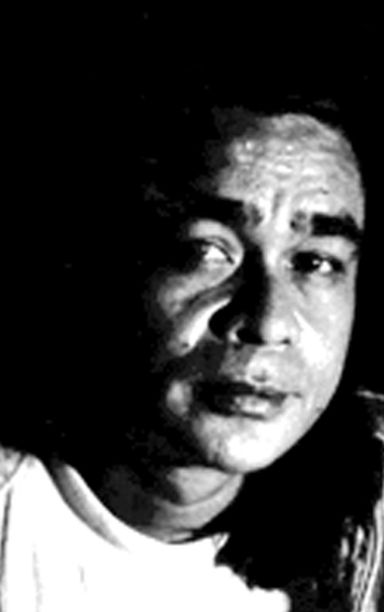
FERNANDEZ
In this season of good cheer, it might be useful for us to remember the word empathy. Its dictionary meaning is “the ability to understand and share in the feelings of others.” The word is a bit harder to translate into the Binisaya language. In Sugbuanon Binisaya, the closest we can get to it is the word “kaluoy,” which word encompasses the more apparent and concrete aspect of empathy, which is pity. But, of course, empathy is more than that.
Empathy is a two-sided word. To feel for and with another suggests one could also feel the joy, happiness and contentment of another. Thus, despite having no reason at all to be personally happy, we might feel what the whole society feels in these seasons of festivity.
Kaluoy, on the other hand, seems the darker word. But it is not simple pity. If we must define it in Binisaya, we would have to say: Kaluoy – ang pagbati sa gibati sa isig katawo. Or more precisely: Ang pagbati sa kasakit nga gibati sa isig katawo. In English, this goes: To feel the suffering of one another. To have no pity in English means, to have no feeling for the suffering of others. Which suggests: to live away from others, to be isolated, to feel no love.
To have no pity or empathy is in Binisaya “Walay kaluoy.” It is a special concept in the local culture. And this most likely dates back to indigenous practices. I was told that for the Manobo the worst sin a person might commit was to not share one’s rice to a neighbor who asks — If one can give, then one must give. The measure of justice is therefore the capacity to share, and thus, show empathy. Its conceptual opposite, walay kaluoy, is to negate the humanity of others; by so doing, to negate one’s own humanity. Thus, the person who is walay kaluoy is not only a bad human; this person is not human. The person is some sort of meta-human and so is bound to treat others with consequent inhumanity.
These words represent concepts that are not alien to us. Walay kaluoy is a disease, which is more often than not infectious. People victimized by walay kaluoy — figuratively bitten by them — become themselves walay kaluoy, as when they are driven by a merciless thirst for revenge. Walay kaluoy are zombies. They are our present-day vampires. We know this for a fact. Though we know these monsters are not real, we can also tell they are as real as the political leaders we now have.
They share one thing in common: they propose to us that the problems of the world cannot be solved unless we are walay kaluoy, because the world is dangerous and our problems are equally as threatening. But they bring forth an abject paradox. If we must all be walay kaluoy to solve our problems then it might be possible, though not proven in history, our problems will be solved. But what kind of world would we be left with?
Humans must, of course, evolve, adapt to the environment and change with time. But if the future human is walay kaluoy, living inside a world that is walay kaluoy, then perhaps we are better off dead. It would be a world of assassins and merciless leaders, a world of the walking dead or the undead.
And what’s the use of living then?
Disclaimer: The comments uploaded on this site do not necessarily represent or reflect the views of management and owner of Cebudailynews. We reserve the right to exclude comments that we deem to be inconsistent with our editorial standards.
